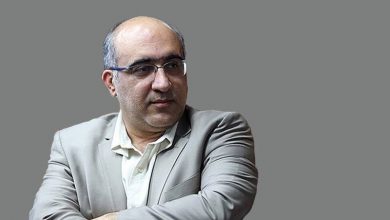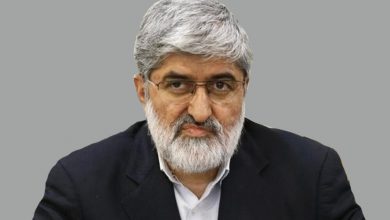
“The Nobel Prize for Literature was awarded to Albert Camus on this day in October 1957, making him one of the most important literary figures of the last century – and a famous and wealthy man. Of course, he does not seem to consider himself worthy. Writers like André Malraux deserve this award more than I do. He explained That many times.
According to the news magazine Faith He wrote: “He had never seen his father, who was wounded in World War I in 1914 – and then killed, and all he knew about him were memories told by other members of his family. His mother lived much longer. At the time of that tragic event in January 1960 He was still alive, as he himself said. He grew up in poverty, but difficult as he was—and with the support of some of his teachers who saw him as a clever boy.—He went on to high school and then to university and studied philosophy.
Camus began writing in the early thirties of the last century and then took other steps in this direction by cooperating with the Republic of Algeria and writing many plays and novels. From novels such as “The Stranger” (1942), “The Plague” (1947) and “The Fall” (1956), the liberation continued with ups and downs until the end of his long life. Komba newspaper is one of the underground newspapers of the French National Resistance Movement. against the Nazi occupation) and the struggle with Jean-Paul Sartre and his followers, on this day in October 1957 he was awarded the Nobel Prize for Literature. The most important literary figures of the last century – and, of course, the famous and the rich. Of course, he does not seem to consider himself worthy of this award and has repeatedly stated clearly that writers like André Malraux deserve it more than I do (Camo respected Malraux very much and after reading The Fate of Man (1933) he was nominated for that award) he called him one of the greatest writers at that time. A book on the letters of these two authors has been translated into Persian and is available on the book market in our country. And it shows well the nature of their relationship.) He was afraid that the source of his talent had dried up, that the best years of his literary activity were behind him and that he would not be able to write anything worth it. Attention.
On the same days, he said in an interview that he felt old after receiving the Nobel Prize for Literature. Of course, he did not live long after this award and died in a car accident in 1960 that affected everyone who knew him. Even Sartre, with whom he was at war for a while, called this sudden and tragic death an example of the cruelty and absurdity of life and wrote that Camus was the successor of the moralists who created the most original things in literature. Richard Comber writes in Camus’ Philosophy: “Camo’s genius and Camus’ originality was that he succeeded in putting philosophical ideas into literary form and thus awakened the moral consciousness of his readers. This success is shown in three novels and some of his novels. His articles, including The Legend of Sisyphus, can be seen (1942).
His other projects were not successful. At times, Camus’ philosophical ideas exceeded his understanding of relevant topics or his skill in literary expression…Camo liked that his philosophical thought would emerge from lived experience and be tested for consistency through observation and moral sense. He was skeptical and distrustful of a free and open mind and philosophical organization. He tried to philosophize in a way that corresponds to the human conversation and relates to the prejudices of religion and expresses it without using technical terms.
end of message /










